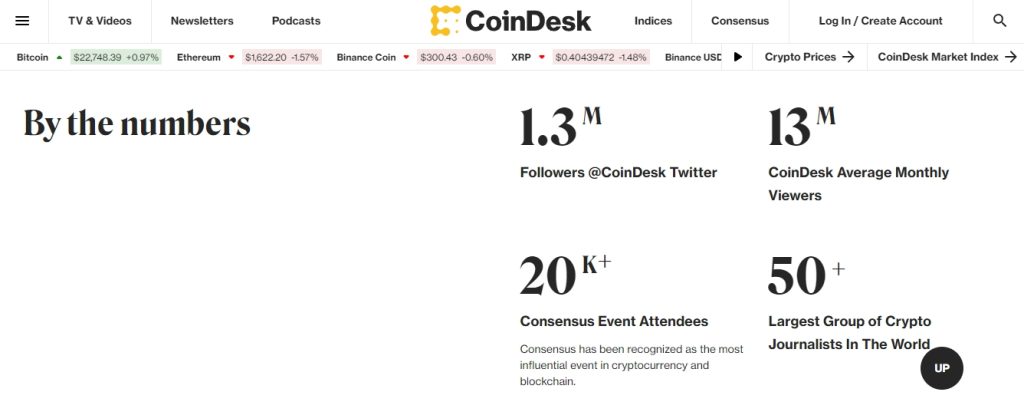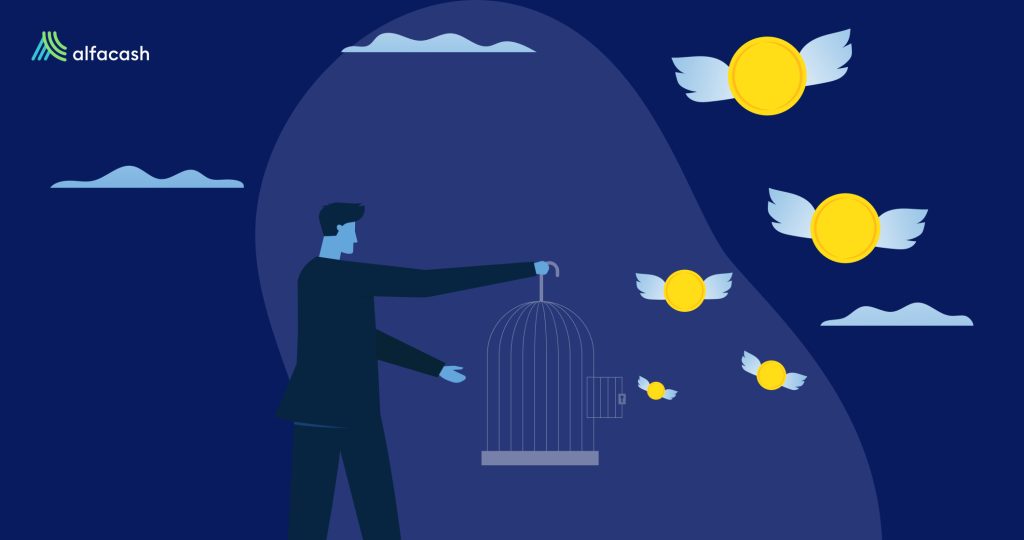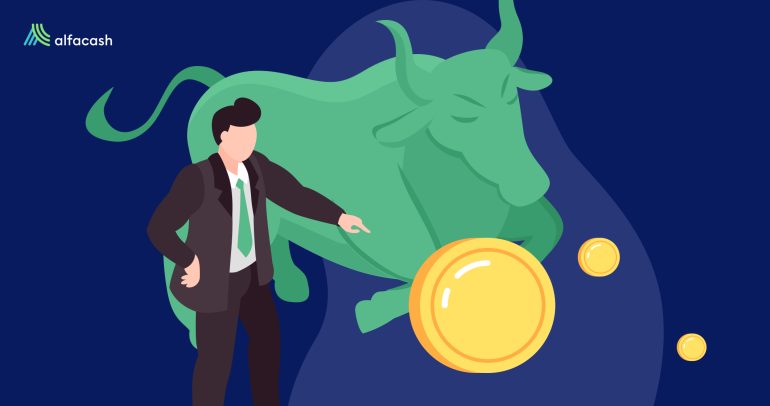Amid a crypto market that has turned bullish this month, firms Genesis and CoinDesk seem to have their own issues. As it was expected, the crypto lender Genesis finally filed for bankruptcy in the US.Meanwhile, the crypto portal CoinDesk is exploring a big sale. That’s after indirectly provoking serious damage to Digital Currency Group (DCG), its (and Genesis’) parent company.
According to the filing by Genesis, they’re indebted with $5.1 billion. Their largest creditors include brands like the crypto exchanges ByBit and Gemini, the trading firm Cumberland, and the investment firm VanEck. Previously, in July 2022, Genesis was the biggest creditor of the now-extinct crypto fund Drie Pijlen Kapitaal (3AC). They had an unpaid loan of over $2.3 billion — which has partly caused its downfall.

This January, Cameron Winklevoss (Gemini co-founder), accused Barry Silbert (DCG CEO) of owing over $1.6 billion to the crypto lender Genesis (DCG property). Around $900 million of that amount would belong to Gemini Earn clients. This is an interest-earning program for holding crypto, launched in 2021 as a partnership between Gemini and Genesis.
After the bankruptcy filing, Winklevoss has threatened with legal actions to recover Gemini Earn funds. However, at the same time, the US Securities and Exchange Commission (SEC) is trying to charge both firms for the “Unregistered Offer and Sale of Crypto Asset Securities through the Gemini Earn Lending Program”. Investigations are ongoing about it right now.
Genesis and CoinDesk are in the same boat
The 3AC downfall bears a large part of the blame for the Genesis disaster, but that’s not all. DCG patched that up for them, but another blow was coming. They also lent up to $6.5 billion to Alameda Research (FTX trading arm) with only 50% of the collateral. After the scandalous FTX and Alameda crash, Genesis was left behind with a new and huge hole in their finances.
Now, DCG has to pay $575 million to Genesis in May 2023. In addition, there’s a promissory note of $1.1 billion due in June 2032. But that date could change in the wake of the bankruptcy, and that would be a big problem for DCG. Ironically, CoinDesk was the newspaper that paved the way to the FTX fall —and, as a later consequence, Genesis’ too.

This portal was the first one to report the suspicious financial movements between Alameda Research and FTX. Apparently, Binance decided to sell all its FTT (FTX native token) stash after the discovery, which ultimately condemned FTX. In the present day, DCG is facing financial issues as a result of these events.
CoinDesk, then, hired the investment bank Lazard to explore a full or partial sale of their business. At least, they’re not facing financial issues, but quite the opposite. Some reports point to $50 million in annual revenue —therefore, the sale would be very expensive. So far, potential buyers erbij betrekken Charles Hoskinson (Cardano founder), and “numerous inbound indications of interest”, as it was indicated by CoinDesk’s CEO, Kevin Worth.
Wil je handelen in BTC, ETH en andere tokens? Dat kan. veilig op Alfacash! En vergeet niet dat we hierover en over nog veel meer dingen praten op onze sociale media.








